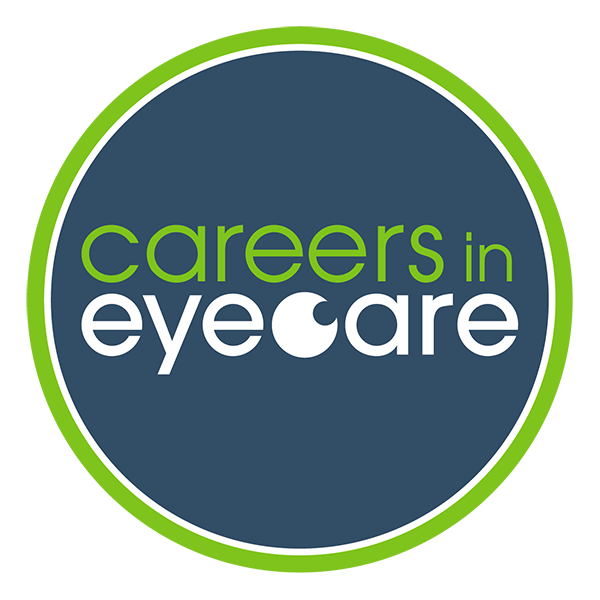If you’ve just started your degree, are going into the final year or are doing A levels, you may be wondering about your career options. Becoming a community optometrist is the obvious choice, but there are a wide range of pathways out there.
Domiciliary optometrist
These are optometrists who visit patients in their homes, schools, care homes or community centres. Your patients may have medical conditions, physical or learning disabilities, so you should be flexible and able to adapt your techniques. You will see more pathology than high street optometrists.
Find out more about domiciliary optometry
Hospital optometrist
You’ll care for patients in clinics. The role covers everything from contact lenses and low vision to specialist eye care, including emergency eye casualty, glaucoma, cataracts, AMD and diabetes.
You’ll work alongside healthcare professionals such as specialist nurses, ophthalmologists and orthoptists. You might be responsible for diagnosis, or setting out treatment and management plans, working with an ophthalmologist.
Find out more about hospital optometry
Vision science researcher
Discover more about optometry by going into research. You’ll study for a PhD, usually taking three to four years. It’s a chance to advance the field of optical science. Your work could include teaching students and contributing to committees. You’ll be published in scientific journals and help to improve clinical procedures or therapies. You may have the opportunity to present your research at national and international conferences.
Find out more with A day in the life of a clinical research optometrist
Find out more about how to become an academic
Medical sales rep
A medical sales representative provides medical products and equipment to the healthcare sector for a pharmaceutical or medical technology firm. They come from a variety of backgrounds, including optometry, pharmacy or business. A background in optometry is an advantage as you will be familiar with optical medical equipment.
Sales representatives identify new contacts or clients, learn about new products and technology, give presentations, attend medical conferences and provide after-sales service.
Find out more about becoming a medical sales rep

